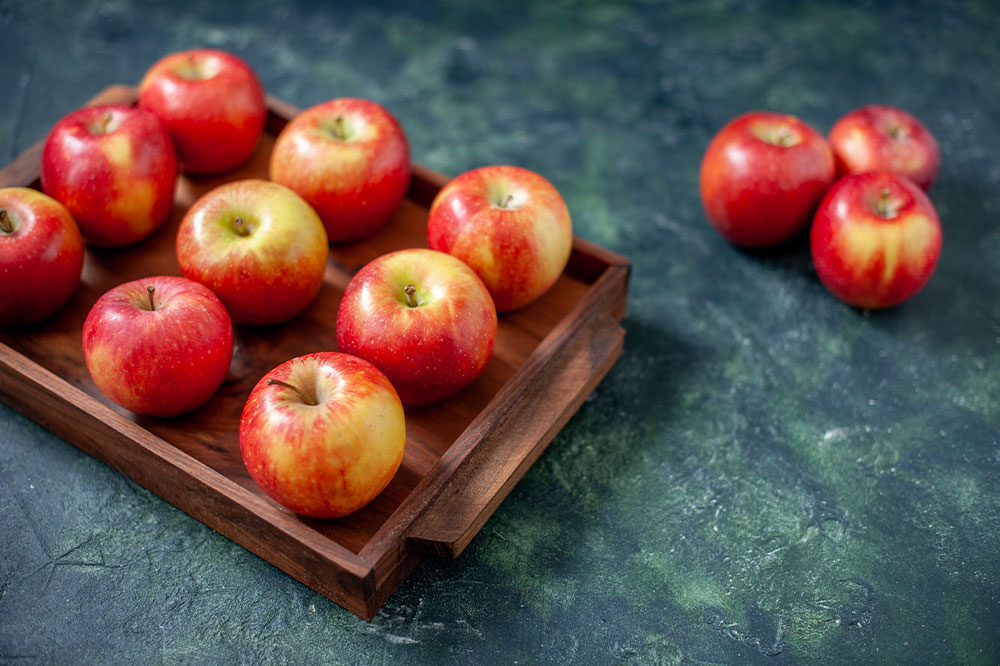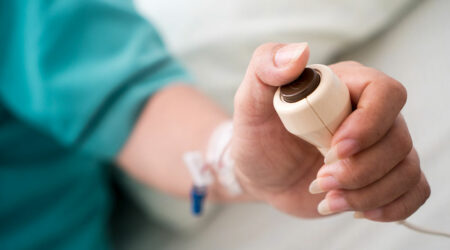
Overactive bladder – Symptoms, causes, home remedies and more
Overactive bladder is characterized by the sudden urge to urinate frequently, sometimes even at night. This condition can also sometimes cause an involuntary passing of urine, known as incontinence. It has affected around 33 million citizens, where women were more likely to report the condition than males. This illness has multiple causes, including weakness of the muscles, damage to the nerves, bladder stones, urinary tract infection (UTI), and many others.
As managing the symptoms is quite stressful, it also leads to emotional distress. Let’s look at the various aspects of the condition.
Symptoms of OAB
The unpredictability of the symptoms makes it difficult to diagnose the condition. However, some of the symptoms of overactive bladder are:
- Uncontrollable and urgent need to urinate
- Unintentional loss of urine
- Frequent urination – more than eight times in twenty-four hours
- Nocturia – passing urine more than two times at night
Causes of OAB
The urinary bladder comprises multiple muscles and nerves. When the urinary bladder reaches its full capacity, it begins to send signals to the different muscles, which includes the detrusor muscle. Usually, this urge can be overridden by a person if they are not in the right place or if it is not the right time. But in patients suffering from overactive bladder, this becomes difficult, leading to the involuntary passing of urine. It can be due to several causal factors or sometimes even a combination of them. Here are some of the possible causes of overactive bladder:
- Weak muscles
In women, the pelvic muscles can become weak due to pregnancy and childbirth. This can often cause the urinary bladder to sag from its position and lead to urine leakage. - Damage to the nerves
If a patient has suffered from trauma like pelvic or back surgery, strokes, Parkinson’s disease, radiation, or any other illness, it can cause significant damage to the nerves. This can lead to the bladder emptying itself at the wrong time. - Urinary tract infections
Often, a urinary tract infection (UTI) can cause the muscles of your bladder wall to increase activity. This causes the bladder to become overly active and leads to an increased urge to pass urine.
Treatment for OAB
An overactive bladder is found to be quite common and is completely treatable. Its treatment methods depend on the patient and often include:
- Behavioral therapy
- Surgical therapy
- Nerve stimulation
Natural remedies to manage an overactive bladder
In the case of an overactive bladder, making a few lifestyle changes, including behavioral alterations, can reduce the discomfort of the patient. Some of the steps to ensure that include:
- Limit the intake of caffeinated beverages
Caffeine is found to be one of the factors that stimulate the bladder. Hence a reduced intake of caffeine can help prevent the onset of the condition. - Maintain a healthy body mass index
High BMI levels can often lead to many illnesses and increase the pressure on the bladder. This leads to the uncontrollable urge to urinate. So, maintaining a healthy body mass index helps reduce the discomfort of frequent urination. - Decrease fluid intake
As fluid intake leads to the urge to urinate, it is advised to decrease the amount of fluids in the evenings to avoid waking up at night with an urge to urinate.
Foods to have
- Fiber-rich foods
Foods rich in fiber like oats, pears, lentils, apples, and raspberries often help relieve constipation and reduce the risk of an overactive bladder. - Fresh fruits and vegetables
Fresh fruits and vegetables contain vitamins and minerals that are beneficial for health, and they are low in calories, which helps you maintain a healthy body mass.
Foods to avoid
- Citric juice and fruits
Citric juices of fruits like oranges, grapefruits, and lemons often irritate the bladder due to their acidic nature. Hence it is recommended to avoid them. - Spicy food
Certain foods that have a blend of hot peppers can often lead to bladder irritation. So, it is best to avoid them.




